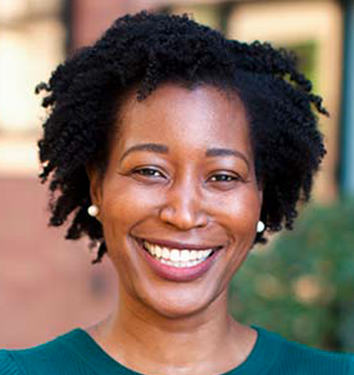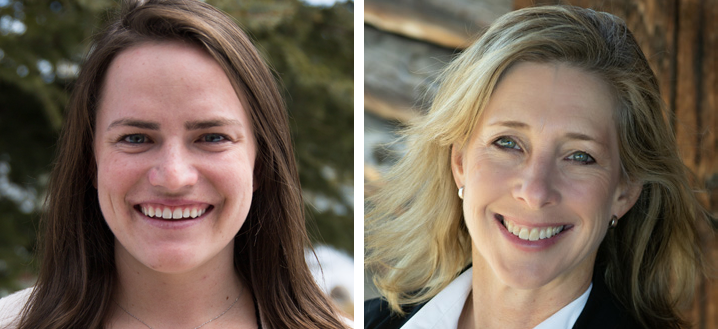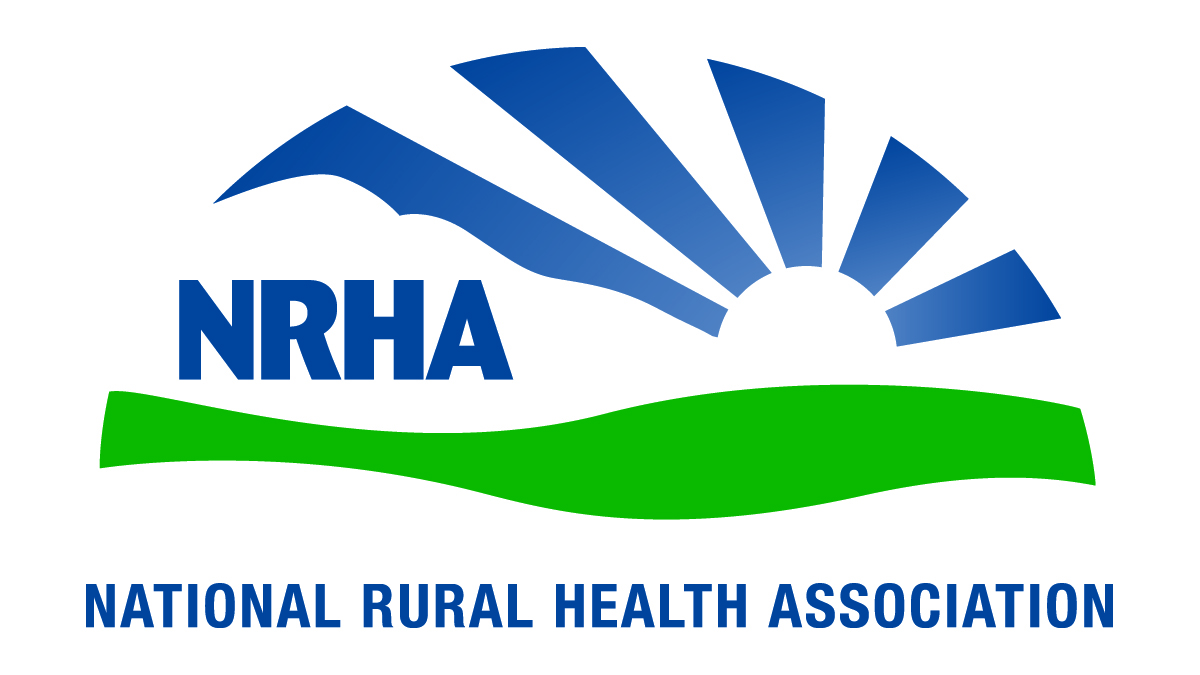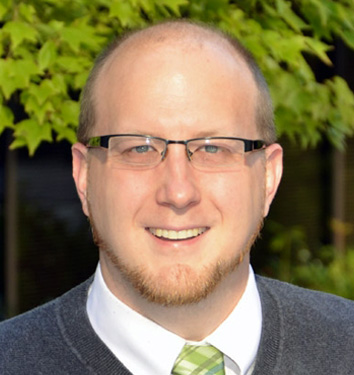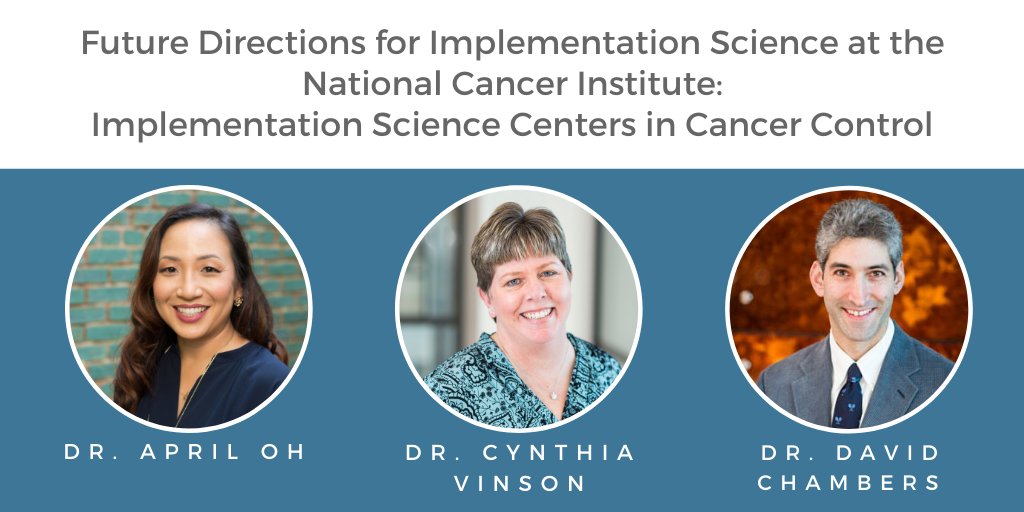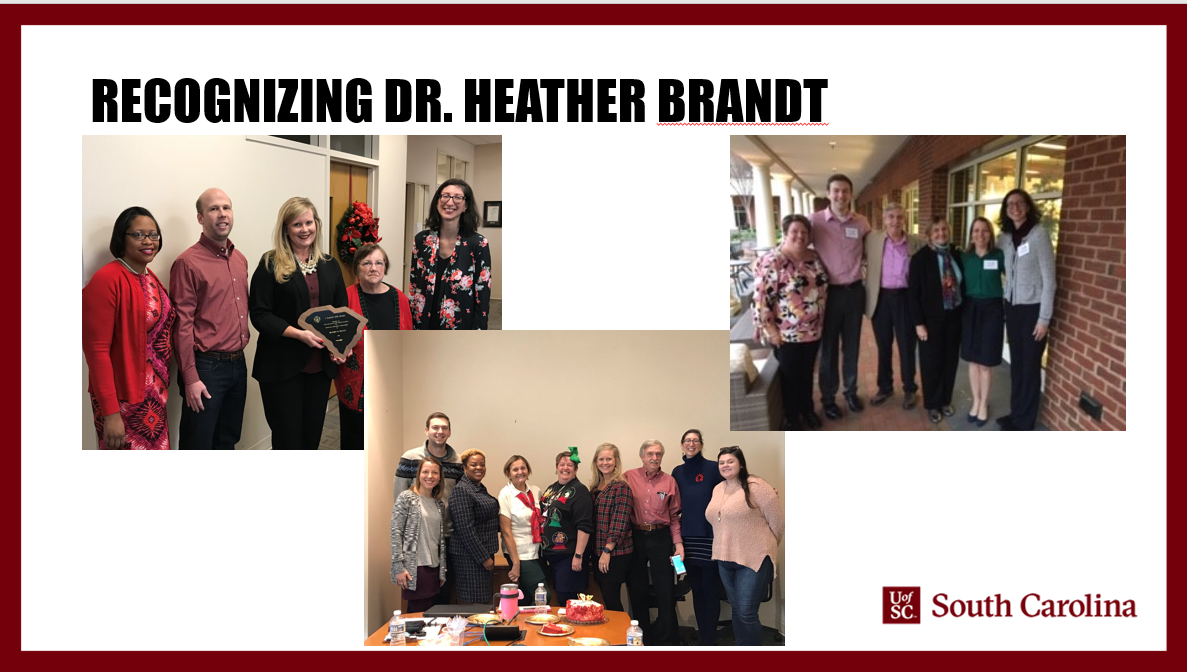News

CPCRN Publishes Special Supplement to Mark 20th Anniversary
The Cancer Prevention and Control Research Network (CPCRN) has published a supplemental issue of Cancer Causes and Control to mark the Network’s 20th anniversary.
The supplement is separated into five subthemes: (1) Addressing Equity Through CPCRN, (2) Capacity Building, (3) Partnership Engagement, (4) Rural Cancer Prevention and Control, and (5) Future Cancer Needs and Priorities. The 21 articles co-written by Network members, partners, and affiliates detail frameworks to address disparities in cancer prevention, strategies to build capacity and engagement across community partners, and considerations on working with medically underserved populations, such as rural and bicultural communities.
The closing article, titled “The Special Sauce of the Cancer Prevention and Control Research Network: 20 years of Lessons Learned in Developing the Evidence Base, Building Community Capacity and Translating Research into Practice”, describes the nature and extent of collaborations within CPCRN publications and illustrates the strategies, expertise, and key structures and processes that have enabled CPCPN’s work.
The supplement was guest-edited by CPCRN members, Drs. Prajakta Adsul (University of New Mexico), Cam Escoffery (Emory University), Aaron Seaman (University of Iowa), Cynthia Thomson (University of Arizona), and Stephanie Wheeler (University of North Carolina at Chapel Hill).
“Together, these articles represent the tremendous breadth and depth of CPCRN research products in the current funding cycle,” said Dr. Stephanie Wheeler, Principal Investigator (PI) of the CPCRN coordinating center. “Our members have been able to generate and sustain an impressive number of novel research ideas that they have then executed through projects which have helped transform the science of cancer prevention and control. From studies focused on reducing cancer risk exposure to ensuring timely cancer screening and early detection all the way through to optimizing guideline-concordant treatment and survivorship care, our members are invested in leveraging collaborative wisdom with community partners to achieve the best possible cancer health outcomes for all.”
“CPCRN is the largest and longest-running thematic research network supported by CDC's Prevention Research Centers Program,” said Lisa C. Richardson, M.D., M.P.H., director of CDC’s Division of Cancer Prevention and Control. “Over the past two decades, CPCRN has played a critical role in creating and translating the evidence of what works into practice, with an emphasis on alleviating differences in cancer outcomes for all populations.”
Reflecting on how the Network’s partnerships have impacted communities and policies in the past two decades, Dr. Wheeler said, “It's really about three key elements—the power of people from diverse backgrounds, working within carefully designed structures and processes, who are willing to adapt to real-world challenges like COVID19, to see beyond one research project, and to think about systems transformation that can bring about larger change.”
The supplement has been published open access by SpringerNature and the full issue is available here. Articles included in the supplement can also be individually downloaded by following the links below:
Introductory Article
Arica White, Susan A. Sabatino, Mary C. White, Cynthia Vinson, David A. Chambers & Lisa C. Richardson
Sub-Theme 1: Addressing Equity Through CPCRN
· Principles to operationalize equity in cancer research and health outcomes: lessons learned from the Cancer Prevention and Control Research Network
Perla Chebli, Prajakta Adsul, Julie Kranick, Catherine L. Rohweder, Betsy C. Risendal, Emily Bilenduke, Rebecca Williams, Stephanie Wheeler, Simona C. Kwon & Chau Trinh-Shevrin
· From study plans to capacity building: a journey towards health equity in cancer survivorship
Prajakta Adsul, Jessica D. Austin, Perla Chebli, Emanuelle M. Dias, Rachel Hirschey, Priyanka Ravi, Aaron T. Seaman, Rosi Vogel
· Identifying research practices toward achieving health equity principles within the Cancer Prevention and Control Research Network
Prajakta Adsul, Jessica Islam, Perla Chebli, Julie Kranick, Sarah Nash, Hannah Arem, Stephanie Wheeler, Melissa Lopez-Pentecost, Victoria Foster, Rashmi K. Sharma, Tisha Felder, Betsy Risendal, Enmanuel A. Chavarria, Simona Kwon, Rachel Hirschey & Chau Trinh-Shevrin
· Measuring and addressing health equity: an assessment of cancer center designation requirements
Jason T. Semprini, Caitlin B. Biddell, Jan M. Eberth, Mary E. Charlton, Sarah H. Nash, Katherine A. Yeager, Donoria Evans, Purnima Madhivanan, Heather M. Brandt, Natoshia M. Askelson, Aaron T. Seaman & Whitney E. Zahnd
· Supporting implementation science and health equity in cancer prevention and control through research networks
Prajakta Adsul, Stephanie B. Wheeler, Alexa L. Young, Rebecca J. Lee & Heather M. Brandt
Sub-Theme 2: Capacity-Building
· Twenty years of capacity building across the Cancer Prevention and Control Research Network
Mary Wangen, Cam Escoffery, Maria E. Fernandez, Daniela B. Friedman, Peggy Hannon, Linda K. Ko, Annette E. Maxwell, Courtney Petagna, Betsy Risendal, Catherine Rohweder & Jennifer Leeman
· Mixed methods evaluation of the inaugural year of the Cancer Prevention and Control Research Network’s (CPCRN) scholars program
Cam Escoffery, Courtney N. Petagna, Mary Wangen, Kimberly J. Flicker, Samuel B. Noblet, Mayank Sakhuja, Cynthia A. Thomson, Elaine H. Morrato, Swann Adams, Jennifer Leeman & Daniela B. Friedman
· Implementation studio: implementation support program to build the capacity of rural community health educators serving immigrant communities to implement evidence-based cancer prevention and control interventions
Linda K. Ko, Thuy Vu, Sonia Bishop, Jennifer Leeman, Cam Escoffery, Rachel L. Winer, Miriana C. Duran, Manal Masud & Yaniv Rait
· Optimizing process flow diagrams to guide implementation of a colorectal cancer screening intervention in new settings
Meghan C. O’Leary, Kristen Hassmiller Lich, Daniel S. Reuland, Alison T. Brenner, Alexis A. Moore, Shana Ratner, Sarah A. Birken & Stephanie B. Wheeler
Sub-Theme 3: Partnership Engagement
· Patient preferences for the design of a pharmacy-based colorectal cancer screening program
Alison T. Brenner, Austin R. Waters, Mary Wangen, Catherine Rohweder, Olufeyisayo Odebunmi, Macary Weck Marciniak, Renée M. Ferrari, Stephanie B. Wheeler & Parth D. Shah
· A practical method for integrating community priorities in planning and implementing cancer control programs
Emily Bilenduke, Andrea J. Dwyer, Elsa S. Staples, Kristin Kilbourn, Patricia A. Valverde, Maria E. Fernández & Betsy C. Risendal
· Uptake of colorectal cancer screening after mailed fecal immunochemical test (FIT) outreach in a newly eligible 45–49-year-old community health center population
Meghan C. O’Leary, Daniel S. Reuland, Sara Y. Correa, Alexis A. Moore, Teri L. Malo, Xianming Tan, Catherine L. Rohweder, Stephanie B. Wheeler & Alison T. Brenner
Sub-Theme 4: Rural Cancer Prevention and Control
Meghan C. O’Leary, Kristen Hassmiller Lich, Maria E. Mayorga, Karen Hicklin, Melinda M. Davis, Alison T. Brenner, Daniel S. Reuland, Sarah A. Birken & Stephanie B. Wheeler
Karen E. Wickersham, Kristin E. Morrill, Melissa Lopez-Pentecost, Sue P. Heiney, Jaron J. King, Purnima Madhivanan & Rachel Hirschey
· Prioritizing rural populations in state comprehensive cancer control plans: a qualitative assessment
Rachel Hirschey, Catherine Rohweder, Whitney E. Zahnd, Jan M. Eberth, Prajakta Adsul, Yue Guan, Katherine A. Yeager, Heidi Haines, Paige E. Farris, Jennifer W. Bea, Andrea Dwyer, Purnima Madhivanan, Radhika Ranganathan, Aaron T. Seaman, Thuy Vu, Karen Wickersham, Maihan Vu, Randall Teal, Kara Giannone, Alison Hilton, Allison Cole, Jessica Y. Islam & Natoshia Askelson
Madison M. Wahlen, Ingrid M. Lizarraga, Amanda R. Kahl, Whitney E. Zahnd, Jan M. Eberth, Linda Overholser, Natoshia Askelson, Rachel Hirschey, Katherine Yeager, Sarah Nash, Jacklyn M. Engelbart & Mary E. Charlton
· Multi-level predictors of being up-to-date with colorectal cancer screening
Kristen Hassmiller Lich, Sarah D. Mills, Tzy-Mey Kuo, Chris D. Baggett & Stephanie B. Wheeler
Sub-Theme 5: Future Cancer Needs and Priorities
Betsy Risendal, Cynthia A. Thomson, Aaron Seaman, Rachel Hirschey & Linda Overholser
· Equitable implementation of lung cancer screening: Avoiding its potential to mirror existing inequities among people who use tobacco
Emily Bilenduke, Shacoria Anderson, Alison Brenner, Jessica Currier, Jan M. Eberth, Jaron King, Stephanie R. Land, Betsy C. Risendal, Jackilen Shannon, Leeann N. Siegel, Mary Wangen, Austin R. Waters, Whitney E. Zahnd & Jamie L. Studts
Closing Article
Stephanie B. Wheeler, Rebecca J. Lee, Alexa L. Young, Adam Dodd, Charlotte Ellis, Bryan J. Weiner, Kurt M. Ribisl, Prajakta Adsul, Sarah A. Birken, María E. Fernández, Peggy A. Hannon, James R. Hébert, Linda K. Ko, Aaron Seaman, Thuy Vu, Heather M. Brandt & Rebecca S. Williams
About CRCPN
The Network was initiated in October 2002, as part of the Center for Disease Control and Prevention’s (CDC) and the National Cancer Institute’s (NCI) ongoing efforts to translate research findings more effectively into practice and policy, with a special focus on the unmet needs of populations at higher risk of getting cancer and dying from it.
Over the past two decades, the Network has been successful in influencing local clinic practices, state cancer plans, and national organizations’ practices and policies. The supplemental issue of Cancer Causes and Control reflects on the Network’s successes and lessons learned.
CPCRN’s 247 current members comprise academic, public health, clinical, health system organizational, and community partners who work together to reduce the burden of cancer, especially among those disproportionately affected. The Network’s vision is to reduce the burden of cancer in U.S. populations and eliminate cancer disparities. Focused on cancer research through a health equity lens, the Network conducts community-engaged research across eight collaborating Network centers funded by the CDC, including the Colorado School of Public Health (led by Dr. Betsy Risendal), Emory University (led by Dr. Cam Escoffery), New York University – City University of New York (led by Dr. Chau Trinh-Shevrin), University of Arizona (led by Dr. Cynthia Thomson and Dr. David Garcia), University of Iowa (led by Dr. Natoshia Askelson), University of North Carolina at Chapel Hill (led by Dr. Alison Brenner and Dr. Rachel Hirschey), University of South Carolina (led by Dr. Daniela Friedman, Dr. James Hébert, and Dr. Swann Adams), and University of Washington (led by Dr. Linda Ko). The UNC Center for Health Promotion and Disease Prevention (HPDP), hosts the Network’s coordinating center, led by Dr. Stephanie Wheeler as Principal Investigator.
In 2022, CPCRN celebrated its 20th anniversary by hosting a webinar titled "20 Years of the Cancer Prevention and Control Research Network (CPCRN): Past, Present, and Future.” The virtual event reached more than 150 total attendees, and Network member panelists shared information about collaborative work carried out across the Network. The webinar highlighted tools and programs collectively developed and implemented across multicenter workgroups, discussed current works in progress, and explored areas for research and practice growth in implementation science.
Funding Acknowledgement
This journal supplement is a product of the Cancer Prevention and Control Research Network (CPCRN). CPCRN-supported institutions receive funding support under Cooperative Agreement Numbers U48 DP006377, U48 DP006396, U48 DP006413, U48 DP006399, U48 DP006389, U48 DP006400, U48 DP006401, U48 DP006398 from the National Center for Chronic Disease Prevention and Health Promotion of the Centers for Disease Control and Prevention (CDC), U.S. Department of Health and Human Services (HHS) through its Prevention Research Center Program. The ideas expressed in the articles are those of the authors and do not necessarily represent the official views of, nor an endorsement, by CDC/HHS, or the U.S. Government.

Cancer Causes & Control, Volume 34, supplement issue 1, December 2023*
20 Years of the Cancer Prevention and Control Research Network (CPCRN): Past, Present, and Future
Sub-Theme 1: Addressing Equity Through CPCRN
Perla Chebli, Prajakta Adsul, Julie Kranick, Catherine L. Rohweder, Betsy C. Risendal, Emily Bilenduke, Rebecca Williams, Stephanie Wheeler, Simona C. Kwon & Chau Trinh-Shevrin
Prajakta Adsul, Jessica D. Austin, Perla Chebli, Emanuelle M. Dias, Rachel Hirschey, Priyanka Ravi, Aaron T. Seaman, Rosi Vogel
Prajakta Adsul, Jessica Islam, Perla Chebli, Julie Kranick, Sarah Nash, Hannah Arem, Stephanie Wheeler, Melissa Lopez-Pentecost, Victoria Foster, Rashmi K. Sharma, Tisha Felder, Betsy Risendal, Enmanuel A. Chavarria, Simona Kwon, Rachel Hirschey & Chau Trinh-Shevrin
Jason T. Semprini, Caitlin B. Biddell, Jan M. Eberth, Mary E. Charlton, Sarah H. Nash, Katherine A. Yeager, Donoria Evans, Purnima Madhivanan, Heather M. Brandt, Natoshia M. Askelson, Aaron T. Seaman & Whitney E. Zahnd
Prajakta Adsul, Stephanie B. Wheeler, Alexa L. Young, Rebecca J. Lee & Heather M. Brandt
learned from the Cancer Prevention and Control Research Network” had been mistakenly included and published in Volume 34, issue 4, though it should have been published in the special issue titled, “20 Years of the Cancer Prevention and Control Research Network (CPCRN): Past, Present, and Future ”


Cancer Causes & Control, Volume 34, supplement issue 1, December 2023
20 Years of the Cancer Prevention and Control Research Network (CPCRN): Past, Present, and Future
Sub-Theme 3: Partnership Engagement
Alison T. Brenner, Austin R. Waters, Mary Wangen, Catherine Rohweder, Olufeyisayo Odebunmi, Macary Weck Marciniak, Renée M. Ferrari, Stephanie B. Wheeler & Parth D. Shah
Emily Bilenduke, Andrea J. Dwyer, Elsa S. Staples, Kristin Kilbourn, Patricia A. Valverde, Maria E. Fernández & Betsy C. Risendal
Meghan C. O’Leary, Daniel S. Reuland, Sara Y. Correa, Alexis A. Moore, Teri L. Malo, Xianming Tan, Catherine L. Rohweder, Stephanie B. Wheeler & Alison T. Brenner


Cancer Causes & Control, Volume 34, supplement issue 1, December 2023
20 Years of the Cancer Prevention and Control Research Network (CPCRN): Past, Present, and Future
Sub-Theme 5: Future Cancer Needs and Priorities
Betsy Risendal, Cynthia A. Thomson, Aaron Seaman, Rachel Hirschey & Linda Overholser
Emily Bilenduke, Shacoria Anderson, Alison Brenner, Jessica Currier, Jan M. Eberth, Jaron King, Stephanie R. Land, Betsy C. Risendal, Jackilen Shannon, Leeann N. Siegel, Mary Wangen, Austin R. Waters, Whitney E. Zahnd & Jamie L. Studts














